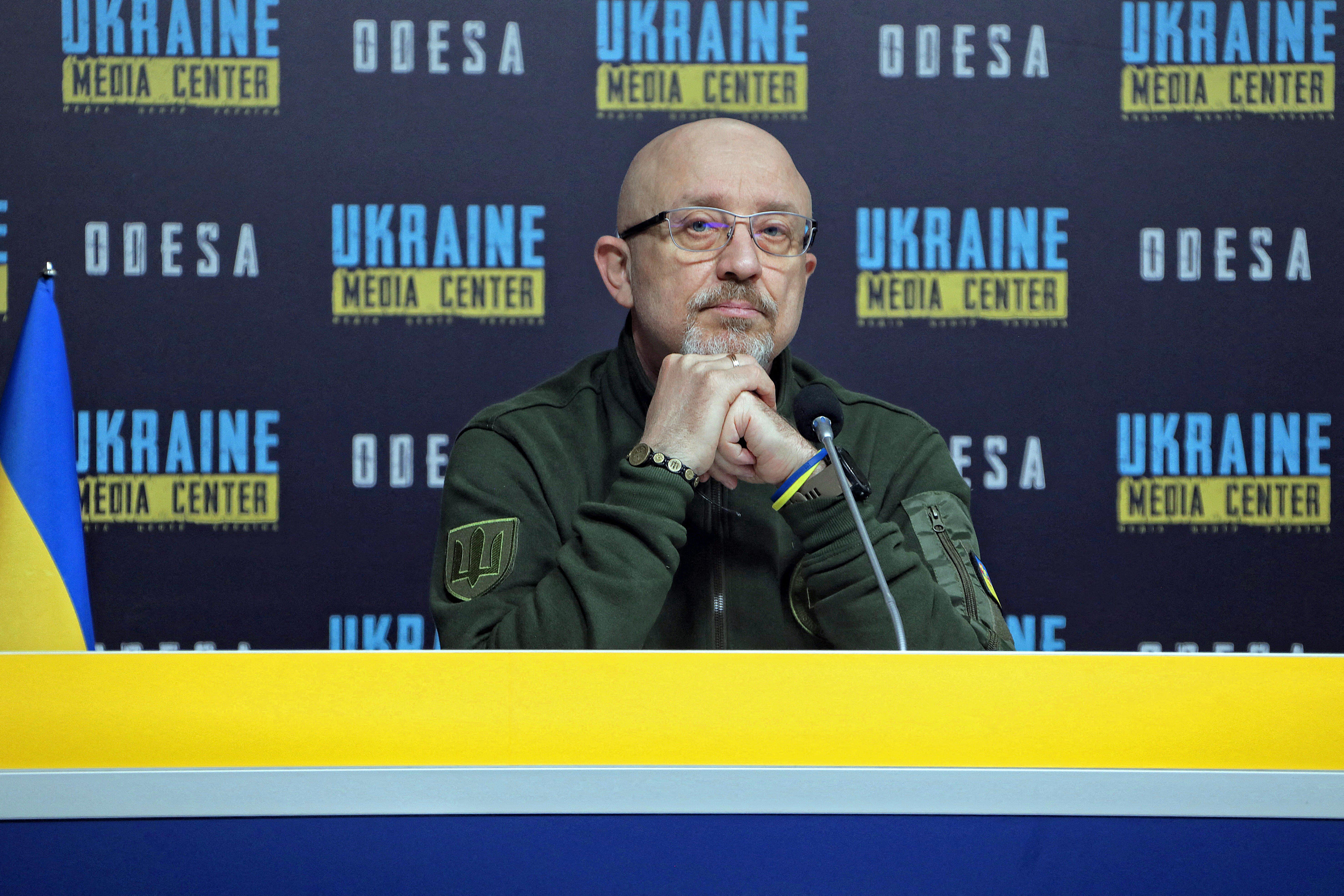Citing a need for “new approaches” in the war with Russia, Ukrainian President Volodymyr Zelensky named a new defense minister: Rustem Umerov, head of Ukraine's State Property Fund. Umerov replaces Oleksii Reznikov, who Zelensky noted “has gone through more than 550 days of full-scale war.” Prior to the appointment, which must be ratified by Parliament, Umerov was closely involved in prisoner-of-war exchanges and served as a senior negotiator in the now-suspended Black Sea Grain Initiative.
The change comes at a pivotal moment in the 19-month war, as Ukraine attempts to accelerate training and procure needed weapons to bolster its counteroffensive. It also comes after a number of corruption scandals rocked the Ukrainian defense ministry, prompting Zelensky to clean house to maintain the confidence of Western allies. In January, he sacked a host of officials, and in early August he fired all regional military commissioners.
Umerov represents the opposition Golos Party and is a Crimean Tatar, a member of the Muslim minority persecuted by Russia. While he has limited defense experience, his strong background in business is seen as an advantage as Ukraine ramps up its military capabilities and absorbs billions of dollars of international aid. Umerov’s appointment is the latest change designed to show that the Ukrainian government can be trusted to manage that Western support – and keep it coming.
